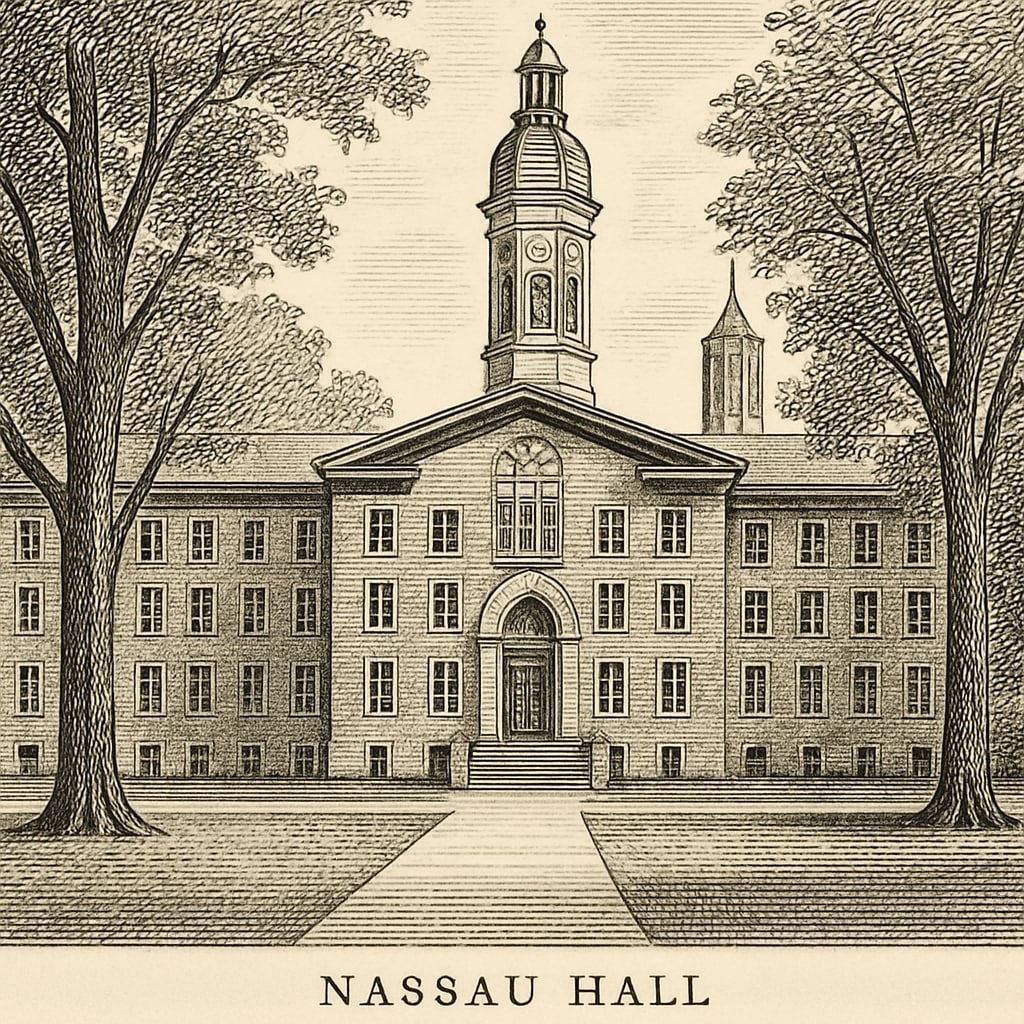The persistent glorification of Ivy League schools, especially Princeton University, has led to the widespread perception that gaining admission to these elite institutions is the pinnacle of academic success. This “Ivy League myth” has deeply infiltrated the K-12 education system, encouraging students and parents to prioritize reputation over personal growth. However, the question remains: is the value of Princeton and other Ivy League schools overestimated in the broader context of education?
The Obsession with Elite Colleges
In the modern K-12 educational landscape, the obsession with elite colleges is nearly omnipresent. Parents, teachers, and students often equate admission to a school like Princeton with a guarantee of lifelong success. However, this mindset can overshadow more critical aspects of education, such as fostering creativity, resilience, and a love for learning. By focusing solely on the prestige of Ivy League schools, students are often pushed into a highly competitive and stressful environment that prioritizes test scores and extracurricular achievements over genuine intellectual curiosity.

According to data from the National Center for Education Statistics, less than 0.4% of U.S. undergraduates attend Ivy League schools, yet their influence on educational goals is disproportionately large. This imbalance raises the question of whether the reputation of these institutions justifies the sacrifices made by students and their families.
Is Princeton’s Prestige Overrated?
Princeton University, often regarded as one of the crown jewels of the Ivy League, has long been celebrated for its academic rigor and distinguished alumni. Yet, critics argue that the university’s reputation may not always align with its actual contributions to individual student success. For example, while the network and resources provided by Princeton are undoubtedly valuable, they do not guarantee success for every graduate. Many students from less renowned schools achieve equally impressive accomplishments without the Ivy League label.
Furthermore, the heavy emphasis on brand-name colleges like Princeton can unintentionally devalue other institutions that offer innovative programs tailored to specific career paths. This narrow focus can lead students to overlook options that might better suit their personal and professional goals.

The Hidden Costs of Ivy League Pursuits
While the benefits of attending an Ivy League school are often highlighted, the hidden costs—both financial and emotional—are rarely discussed. For many families, the pursuit of an Ivy League education results in significant financial strain. Tuition, living expenses, and other costs associated with attending schools like Princeton can amount to hundreds of thousands of dollars, creating long-term financial burdens.
In addition to monetary costs, the emotional toll on students is considerable. The pressure to meet the high standards required for Ivy League admission can lead to anxiety, burnout, and a fear of failure. These challenges can have lasting impacts on mental health and overall well-being, raising the question of whether the pursuit of prestige is worth the price.
Rethinking the Purpose of Education
Given these concerns, it is essential to reconsider the purpose of education. Instead of fixating on elite institutions like Princeton, educators and parents should emphasize the importance of finding a college or pathway that aligns with a student’s unique interests and strengths. Success is not determined solely by the name of the institution on a diploma but by the skills, experiences, and values a student acquires along the way.
For instance, community colleges, state universities, and vocational programs often provide specialized training and opportunities that are equally valuable in today’s diverse job market. By broadening the definition of success, the education system can create a more inclusive and balanced approach that benefits all students.
Conclusion
While Princeton and other Ivy League schools undoubtedly have their merits, their value is not universal or absolute. The overemphasis on these institutions in K-12 education can overshadow the broader purpose of education: to inspire curiosity, foster personal growth, and prepare students for meaningful lives. By challenging the “Ivy League myth,” we can create a more equitable and holistic educational system that prioritizes the needs and aspirations of every student.
Readability guidance: Short paragraphs, clear transitions, and a balanced use of data ensure accessibility. Overly complex sentences and excessive jargon are avoided, making the article suitable for a broad audience.


